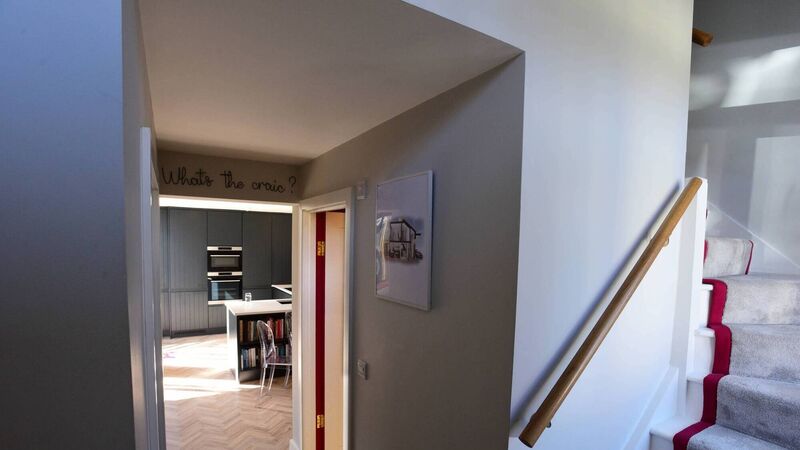Jennifer Sheahan: How to avoid costly renovation mistakes

Communication is key. Clarify assumptions and keep written records. Picture: Moya Nolan
Renovations are arduous enough when things are going to plan, but there are few things more stressful than watching your dream renovation turn into a nightmare. Most of us will only do one or two big building projects in our lifetime, so when things go off the rails — whether it’s poor workmanship, delays, or disputes over costs — it can feel overwhelming. We don’t have the experience to know what to do or where to turn. As with most things, preparation is key, and there are steps you can take to protect yourself before you ever sign a contract. If it’s too late for that, there are still some options available to get things back on track, or to seek redress if necessary.











